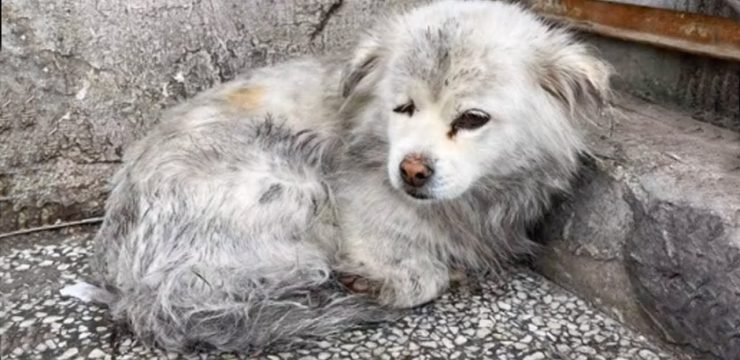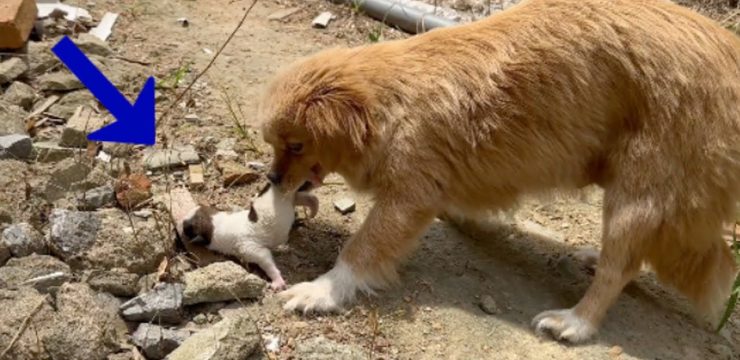Recently, I came across a compelling sociological study. In this study, a woman was left on a sidewalk, neatly dressed and looking well-kept. Many people noticed her, stopping to ask if she was alright, inquiring about her family, and offering their assistance. However, when the same woman stood in the same spot but with disheveled, torn, and dirty clothes, most people walked past her without a second glance. Only a few even bothered to look in her direction, and those who did seemed to regard her with indifference or even disgust.

This study brings to light a harsh truth about our world. It forces us to ask, “When did society become so fixated on appearances and material markers, often ignoring the intrinsic value of individuals?” Why does wealth or social standing seem to determine a person’s worth more than their character or humanity? The contrast between these two scenarios—the same person, the same setting, but entirely different reactions—exposes a troubling aspect of human nature that too often judges worth based on external appearance.
Thankfully, moments of compassion and humanity still remind us that not everyone sees the world through this superficial lens. Occasionally, we meet people who act as beacons of empathy, who restore our faith that kindness and understanding still exist in society.
One such example is a college student named Casey Fischer, who had a seemingly ordinary encounter that ultimately held deep significance. While on her way to Dunkin’ Donuts between classes, she noticed a homeless man collecting spare change by the side of the road. On a whim, she decided to approach him, feeling compelled to offer a simple gesture of kindness.
Upon entering Dunkin’ Donuts, Casey noticed that the man was clutching only a handful of loose coins, likely not enough to purchase anything substantial. She decided to extend an invitation for him to join her and offered to buy him a bagel and coffee. He accepted, and the two sat down together. Over this brief meal, the man introduced himself as Chris and began to open up about his experiences and struggles, laying bare some of the challenges he faced as someone without a stable home.
Chris shared that his homelessness had led him to be treated poorly by others, often feeling invisible or, worse, like an inconvenience. He explained that he had fallen into a cycle of substance abuse, which he felt had turned him into a person he deeply regretted becoming. It was clear that Chris harbored a profound sense of loss and disappointment in himself. All he truly wanted, he revealed, was to become someone his late mother would have been proud of. But somewhere along the way, he had lost that vision and, with it, his sense of self-worth.
Casey listened attentively to Chris, empathizing with his story. She expressed how glad she was to have met him and shared some encouraging words. She then mentioned that she needed to return to her classes. Just as she was about to leave, Chris motioned for her to wait a moment. He quickly scribbled something on a crumpled piece of paper and handed it to her. Casey accepted the note, smiled, and said goodbye.
Later, she unfolded the piece of paper, expecting perhaps a simple “thank you” or a kind message. But what she read left her deeply moved. The note read, “I wanted to kill myself today. Because of you, I’ve changed my mind. Thank you, beautiful person.”
Casey was stunned. In what had felt to her like a modest, everyday act of kindness, she had unknowingly made a profound difference in Chris’s life. This small gesture—a coffee and a bagel, a few minutes of listening—had given Chris the encouragement he desperately needed. It became clear that the encounter had offered him a glimmer of hope, perhaps enough to start seeing himself in a different light and to begin believing that he was, indeed, worthy of compassion.
The impact of this simple interaction resonated far beyond that single moment in Dunkin’ Donuts. It reminds us that, sometimes, a small gesture—a smile, a meal, a few words—can reach deeper than we might ever realize. For people like Casey, who choose to see beyond the surface and treat others with humanity and respect, the difference they make is incalculable. These small acts create ripples that may eventually shift the tide of society’s perceptions and help us build a world where worth isn’t measured by appearances or financial status.
To Casey, and to others like her, we extend our heartfelt thanks. It is individuals with such kindness and insight who truly inspire change and remind us of the best parts of humanity. In a world where the value of empathy and compassion can often feel diminished, people like Casey show us that these qualities are not only alive but also essential. These are the values that push society forward, encouraging us to see each person’s intrinsic worth and ensuring that humanity remains at the core of who we are.





